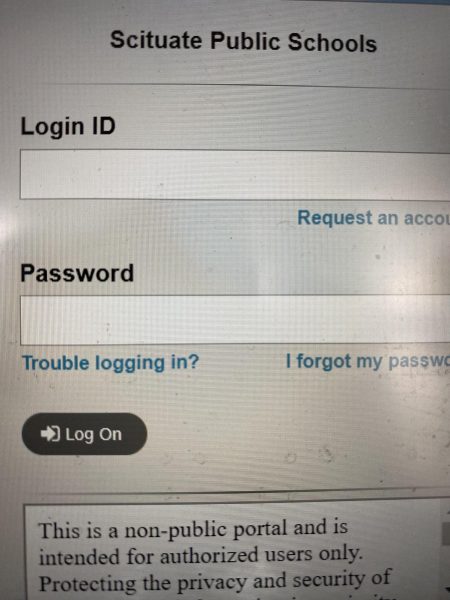Should Schools Continue Free Lunch Programs?
March 29, 2022
Following the recent COVID-19 pandemic, public schools around the nation expanded free lunch programs for every student. With COVID seemingly on the decline and society returning to normalcy, there has been much debate over whether or not public schools should continue their free lunch programs. While some may argue that these programs bring unwarranted expenses to taxpayers, the continuation of free lunch programs would benefit students and families by reducing food insecurity and improving the mental and physical wellbeing of students.
The looming component of money and how these programs can continue is at the forefront of this debate. Based on an interview with SPS Food Service Director, David Stevens, a rise in taxes may be inevitable due to “nothing being free.” Furthermore, many Americans argue over the priority of where their money is spent. With a majority of federal spending aimed toward our military, some may wonder if funds can be directed more toward educational or environmental concerns; however, some are skeptical over our country’s safety due to the world’s ever-changing landscape. While these are valid arguments, we must invest in our children. By doing so, we must invest in schools to enable the nation’s children the opportunity to lead a healthy life.
Furthermore, a roadblock for many students is the rising issue of food insecurity – the feeling of “not having consistent access to enough food.” In recent years, living through a pandemic and forty-year record-high inflation, families are struggling to provide for their children. Continuing free lunch programs can help families in these trying times, along with helping one out of six food-insecure children. In many ways, children may feel outed by free lunch programs; however, in many schools, for example, in Scituate, Director Stevens described how a PIN system works to the discretion and benefit of students who may be bullied for their free lunch. Moreover, free lunch programs would eliminate this scenario entirely, allowing children to have lunch without fear of judgment.
Finally, as a society, it is our duty to maintain our children’s mental and physical well-being. No child should have to endure a school day feeling hungry or fearing judgment from their peers. Continuing free lunch programs can yield improved health standards for all students nationwide. Free lunch programs offer students the opportunity to include fruits, vegetables, and milk in their diets that they may be deprived of. Additionally, data shows free school meals can reduce obesity rates by 17%, further emphasizing the need and benefits of continuing the free lunch program. If the programs continue, we can ensure a healthy generation of students because students experiencing hunger find it harder to perform well in the classroom.
To continue free lunch programs across the nation is understandably an overwhelming plea, but it’s for the health of our children. Without these programs, we risk 12 million children experiencing food insecurity and 1.54 million students paying for a lunch they cannot afford. Just imagine how you would feel if someone in your life was negatively impacted by the discontinuation of the free lunch program.










